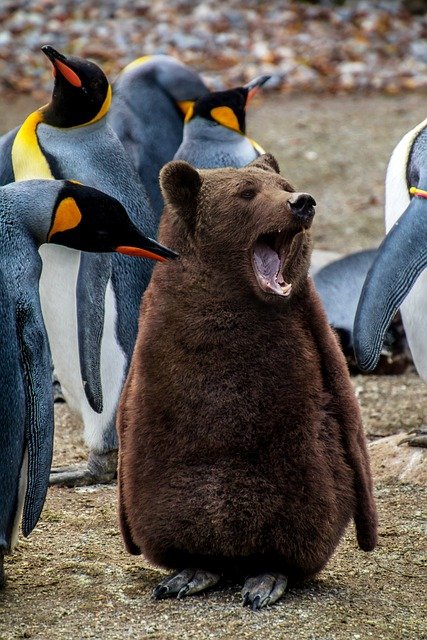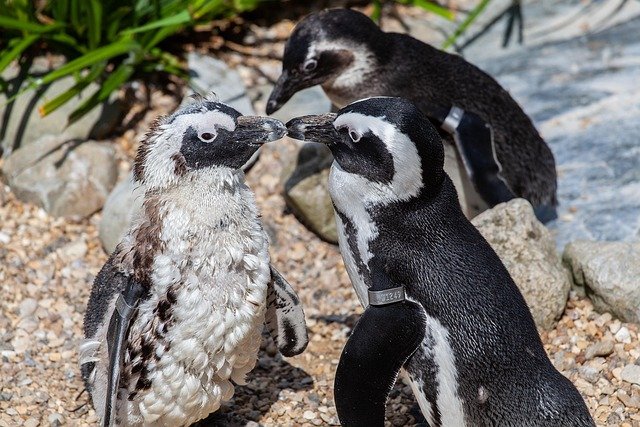**Title: "The Social Lives of Penguins: Understanding Their Complex Communities"** **Overview:** This

The Social Lives of Penguins: Understanding Their Complex Communities
Penguins are often perceived as solitary creatures, waddling along icy shores in search of fish. However, beneath their charming exterior lies a rich tapestry of social interactions and complex community structures. In this post, we will delve into the fascinating social lives of these remarkable birds, shedding light on their behaviors, social hierarchies, and the importance of community in their survival.
The Importance of Social Structure
1. Colonial Living
Penguins are highly social animals that thrive in large colonies, often consisting of thousands of individuals. These colonies serve as vital support networks, providing protection against predators and harsh environmental conditions. The sheer size of these groups enhances the chances of survival for each individual, as there is safety in numbers.
2. Communication and Bonding
Penguins have developed a sophisticated system of vocalizations and body language to communicate with one another. From distinctive calls that help mates recognize each other in a crowded colony to intricate displays during courtship, these interactions are crucial for maintaining social bonds and ensuring reproductive success.
Social Hierarchies
1. Dominance and Rank
Within penguin colonies, social hierarchies often emerge. Dominant individuals may have better access to resources, such as prime nesting sites and food. Understanding these hierarchies can provide insights into the dynamics of competition and cooperation among penguins, influencing their reproductive success and overall fitness.
2. Parental Roles
Many penguin species exhibit cooperative breeding behaviors, where both parents share the responsibilities of incubating eggs and feeding chicks. This division of labor not only strengthens the bond between mates but also enhances the survival rates of their offspring, highlighting the importance of teamwork in their social structure.
The Role of Community in Survival
1. Predator Protection
Living in large groups offers penguins a strategic advantage against predators. By huddling together, they can reduce the risk of individual predation and create a collective defense mechanism. This communal behavior is especially evident during breeding seasons when adult penguins are particularly vulnerable.
2. Resource Sharing
In harsh environments, resource availability can fluctuate dramatically. Penguins often engage in cooperative foraging, where individuals may share information about food sources or even assist one another in catching fish. This sharing not only fosters community ties but also increases the chances of survival for all members of the colony.
Conclusion
The social lives of penguins are far more intricate than they may initially appear. Their complex communities, characterized by strong social bonds, communication, and cooperative behaviors, play a crucial role in their survival and reproductive success. By studying these fascinating social dynamics, researchers can gain a deeper understanding of the challenges penguins face and the strategies they employ to thrive in their icy habitats.
Further Reading
- The Behavior and Ecology of Penguins
- Social Structures in Animal Communities
- Penguin Conservation Efforts
Stay tuned for more insights into the captivating world of animal behavior!

Upvoted! Thank you for supporting witness @jswit.